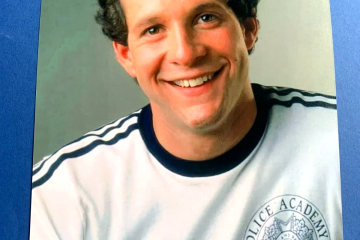The Remarkable Career of Alan Alda

Introduction
Alan Alda is a name synonymous with talent, versatility, and passion in the realms of acting, writing, and directing. Best known for his role as Hawkeye Pierce in the beloved television series M*A*S*H, Alda’s career spans over six decades and continues to influence audiences and artists alike. His contributions to the entertainment industry, combined with his advocacy for science communication, elevate his relevance in both cultural and educational contexts.
Early Life and Education
Born on January 28, 1936, in the Bronx, New York, Alan Alda developed an early interest in acting, influenced by his family’s involvement in the performing arts. He graduated from Fordham University with a degree in English and drama. His career began on stage, but it wasn’t long before he transitioned to television and film, establishing a remarkable trajectory that would see him become a household name.
Career Highlights
Alda’s most iconic role came in 1972 when he was cast as Captain Benjamin Franklin “Hawkeye” Pierce in M*A*S*H. The show, which followed a mobile army surgical hospital during the Korean War, garnered immense popularity and critical acclaim, running for 11 years. Alda’s ability to blend humor with poignant storytelling allowed M*A*S*H to tackle serious topics such as war and human compassion.
In addition to M*A*S*H, Alda has starred in films such as “The Four Seasons,” “The Aviator,” and “Bridge of Spies.” He has received numerous awards, including six Primetime Emmy Awards, a Golden Globe, and an Academy Award nomination, solidifying his status as one of the most respected actors of his generation.
Science Advocacy and Teaching
Aside from his film and television work, Alda is a passionate advocate for science communication. He founded the Alan Alda Center for Communicating Science at Stony Brook University, which trains scientists to effectively engage with the public. His approach not only enhances understanding of science but also encourages dialogue between scientists and non-experts. Alda’s work in this field highlights the importance of accessibility in education and the arts.
Conclusion
Alan Alda’s continued engagement in both performance and science illustrates his enduring legacy as a multifaceted talent. As he approaches his late 80s, Alda remains an influential figure, reminding us of the power of storytelling and the essential role of science in society. His life and work inspire future generations of actors, writers, and scientists, making it clear that the arts and sciences go hand in hand. As Alda continues to share his wisdom, the boundaries of creativity and communication are likely to expand even further, benefiting audiences worldwide.









